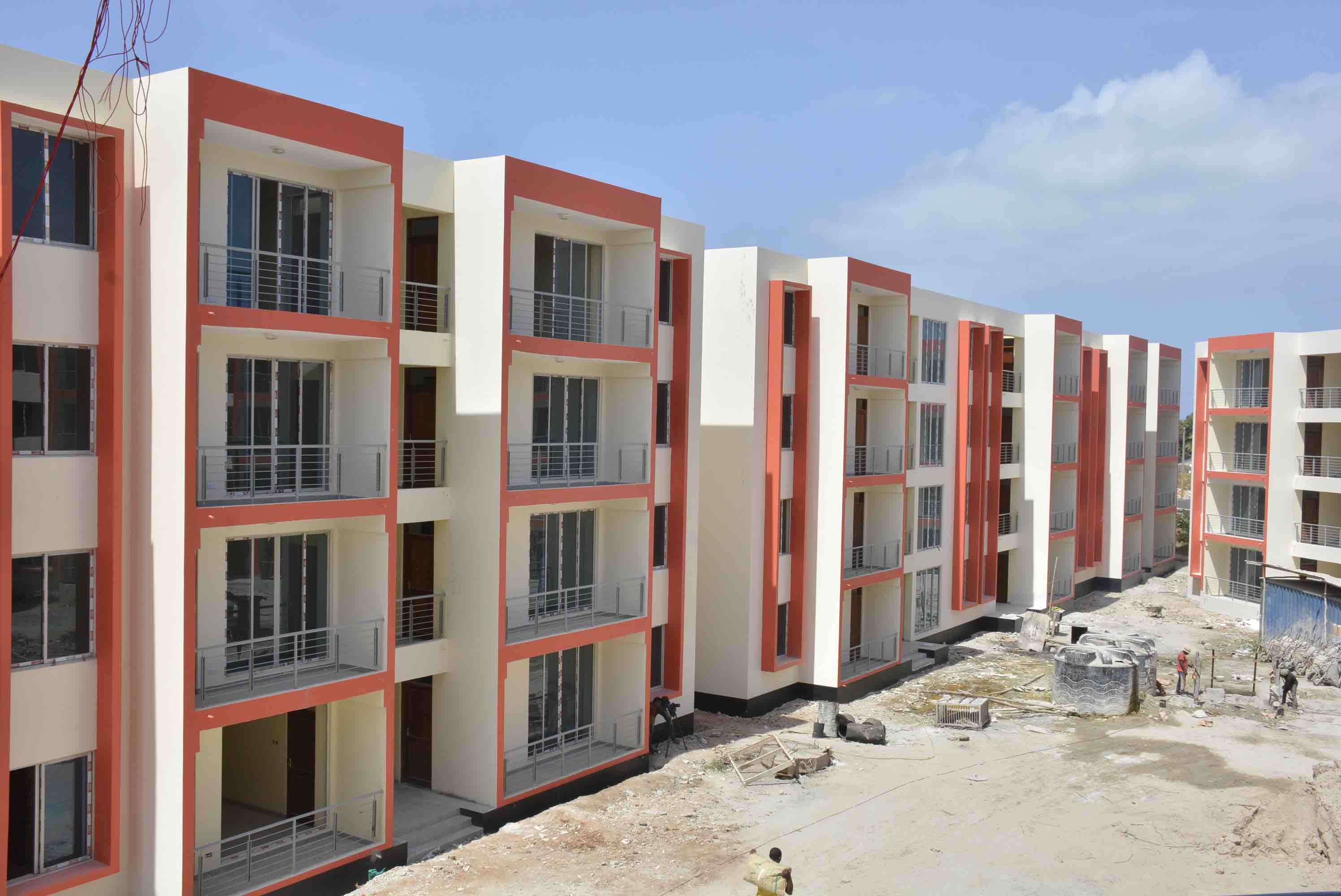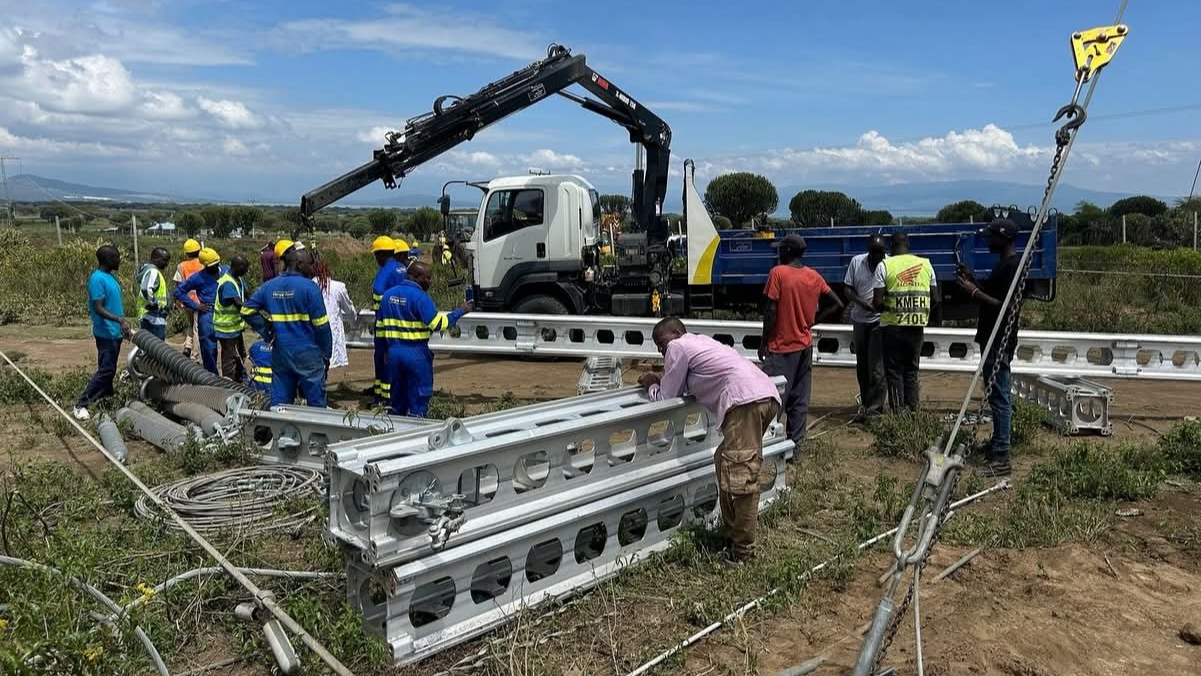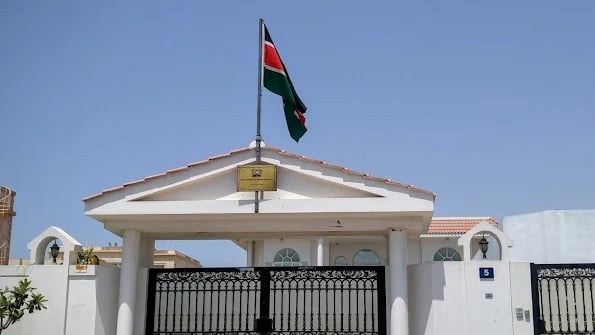The Members of the National Assembly have introduced new changes to the Affordable Housing Programme.
The new changes follow a consideration of the Senate amendments by the Committee on Finance and National Planning alongside the Committee on Housing, Urban Planning, and Public Works.
Among the key amendments is the establishment of County Rural and Urban Affordable Housing Committees in each county that will be tasked with developing a framework for affordable housing and collaborating with national authorities.
"The inclusion of County Affordable Housing Boards and the definition of social housing to encompass rural housing, low-income housing, social housing, and affordable housing are important changes," stated Molo MP and Chair of the Finance and National Planning Committee, Kuria Kimani.

Read More
Moreover, the lawmakers introduced a new clause which defines different categories of affordable housing units based on monthly income: social housing, affordable housing, affordable middle-class housing, and rural affordable housing.
Further, the legislators introduced a new clause ensuring residents affected by the construction of housing projects will now have formal notification and a resettlement mechanism.
"In cases where an affordable housing project is built on land with an existing settlement residents now have safeguards. They will be given advance notice of the project and resettled," Dagoretti North MP, Beatrice Elachi stated.
The amended bill clarifies the process for land allocation. Public land allocation will follow the existing Land Act, while county governments must conduct public participation exercises before allocating their land for affordable housing projects.
"As we construct these houses on public land, they will be sold to private individuals, so the use of land should be in accordance with the Land Act," said Kitui Central MP, Makali Muli.
The National Assembly's approval paves the way for the Affordable Housing Bill to be assented to by President William Ruto.
The new changes are expected to help the Kenya Kwanza administration avoid legal battles in the implementation process.
-1702902135.jpg)





